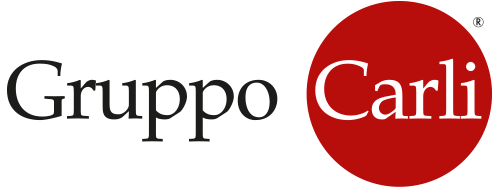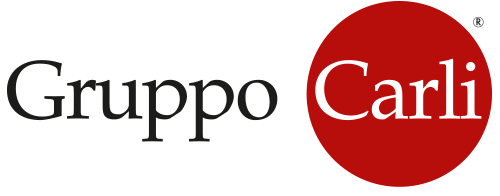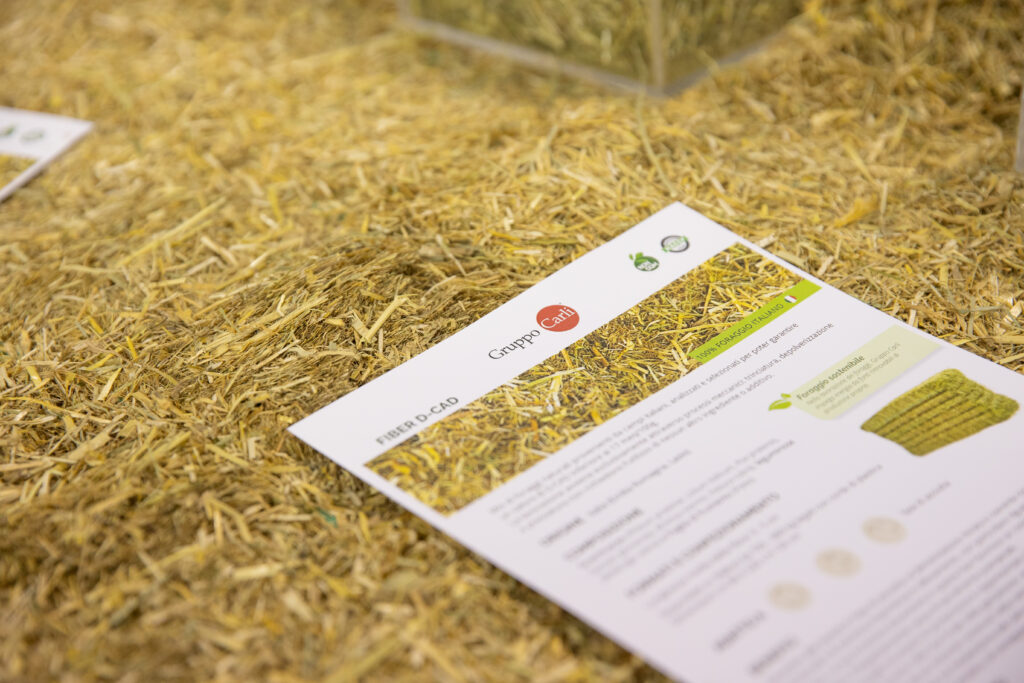POTASSIUM
Potassium is an essential macroelement for all living creatures, but in farming it can become a sneaky enemy when it accumulates in the fodder used for feeding the dry cows, especially in the final stage of gestation (the most percentage of the DM of the ration during the dry period is actually hay).
Excessive potassium intake during this phase can lead to a series of changes in cow’s metabolic status, imperceptible at first but frequently causing puerperal hypocalcemia.
Besides the acute and striking pattern of symptoms, this condition more often has serious repercussions on the entire lactation cycle, with a considerable impact on performance in terms of milk production and reproduction.
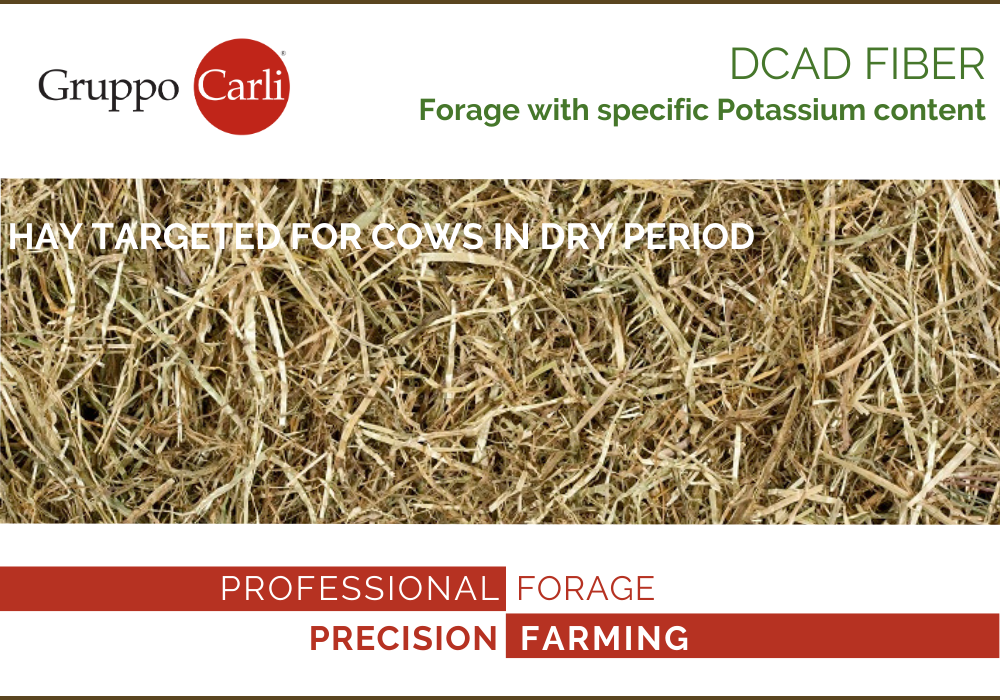
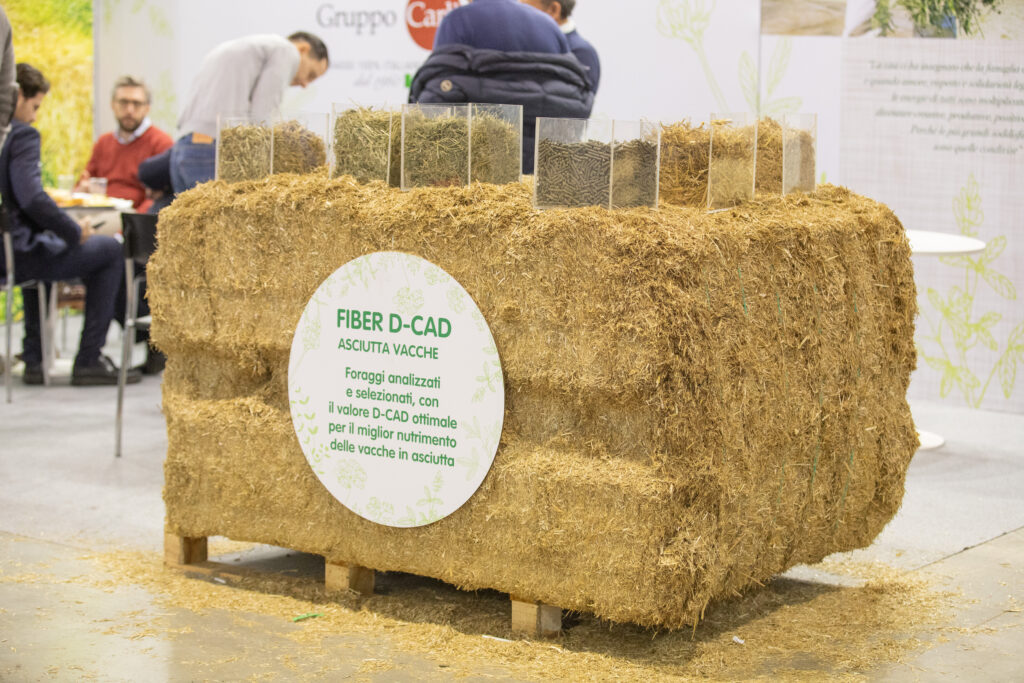
One of the main prevention tools is DCAD control on the ration given to cows in the final dry period: a nutritional approach based on the correct balance of certain minerals contained in the feed (sodium, potassium, chlorine and sulphur), which can directly affect blood pH and, consequently, calcium metabolism.
With this method, a slight metabolic acidosis (a lowering of the blood pH) is induced through the administration of an anionic ration (DCAD = -8 -10 meq/100 g); in this situation the body reacts with an intense mobilisation of bone calcium, optimal preparation for the massive metabolic demand for calcium typical of the first days after calving and avoiding or, at least, considerably reducing the risk of hypocalcemic syndrome.
Thanks to its experience in the cultivation and transformation of forage and the constant availability of raw materials, Gruppo Carli has studied the best conditions to obtain fodder bases with low DCAD value; these can be used on their own throughout the dry cow period and lightly supplemented with anionic minerals in the final phase, giving transition rations with optimal ion balance in preparation for calving.
Gruppo Carli’s agronomic experience and production technology has led to the development of Fiber DCAD, a mixture of hay with DCAD under 15 meq/100 g, dedusted and pre-twisted to 5-7 cm for immediate use in both unifeed rations and ad libitum feeding.
The benefits for prepartum health and mineral balance shortly after calving, due to the decrease of DCAD through a low-potassium hay feeding, were published in the Journal of Dairy Science.
